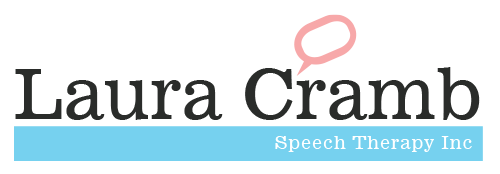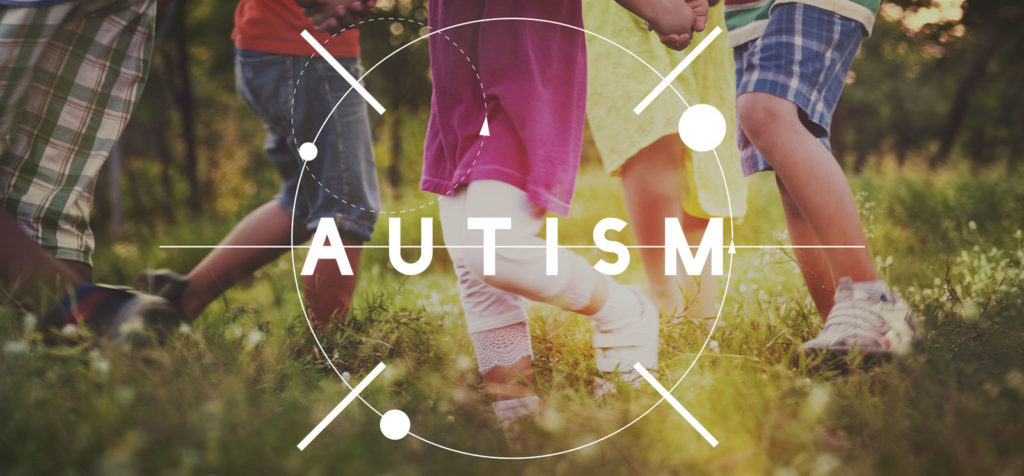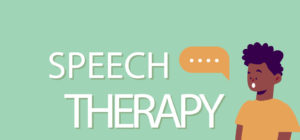Speech Therapy
People with ASD may have major problems with both speech and nonverbal communication. They may also find it very hard to interact socially. For these reasons, speech therapy is a central part of treatment for autism. It helps children with speaking, as well as communicating and interacting with others. It can involve nonverbal skills, like making eye contact, taking turns in a conversation, and using and understanding gestures. It might also teach kids to express themselves using picture symbols, sign language, or computers.
About 1 in 3 people with autism have trouble producing speech sounds to effectively communicate with others.
A person with autism may:
- Not talk at all
- Utter grunts, cries, shrieks, or throaty, harsh sounds
- Hum or talk in a musical way
- Babble with word-like sounds
- Use foreign-sounding “words” or robotic-like speech
- Parrot or often repeat what another person says (called echolalia)
- Use the right phrases and sentences, but with an unexpressive tone of voice
- Trouble with conversational skills, including eye contact and gestures
- Trouble understanding the meaning of words outside the context where they were learned
- Memorization of things heard without knowing what’s been said
- Use of echolalia — the repeating of another person’s words as they are being said — as the main way to communicate
- Little understanding of the meaning of words or symbols
- Lack of creative language
What role does speech therapy play in the treatment of autism?
Speech-language pathologists are therapists who specialize in treating language problems and speech disorders. They are a key part of the autism treatment team. With early screening and detection, speech therapists often lead the way in helping with the diagnosis of autism and making referrals to other specialists.
Once autism is diagnosed, speech therapists figure out the best ways to improve communication. The speech-language pathologist works closely with the family, school, and other professionals. If someone with autism is nonverbal or has major trouble with speech, the speech therapist may introduce alternatives to speech, including:
- Electronic “talkers”
- Signing or typing
- Using pictures instead of words to help a child learn to communicate
- Improving articulation of speech by massaging or exercising lips or facial muscles
- Having people sing songs that match the rhythm, emphasis, and flow of sentences
How does speech therapy benefits people with ASD?
Speech therapy can improve overall communication. This makes it possible for people with autism to improve their ability to form relationships and function in day-to-day life.
Specific goals of speech therapy include helping the individual with autism:
- Articulate words well
- Communicate both verbally and nonverbally
- Understand verbal and nonverbal communication, and what other people mean in different settings
- Start communication without prompting from others
- Know the appropriate time and place to communicate something; for example, when to say “good morning”
- Grow conversation skills
- Exchange ideas
- Communicate in ways to develop relationships
- Enjoy communicating, playing, and interacting with other
- Learn self-control
The earlier speech therapy is started, the better. Autism spectrum disorder is usually clear before age 3. Language delays can be noticed as early as 18 months of age. In some cases, autism can be identified as early 10 to 12 months of age. It is very important to start speech therapy as early as possible, when it can have the biggest effect.




